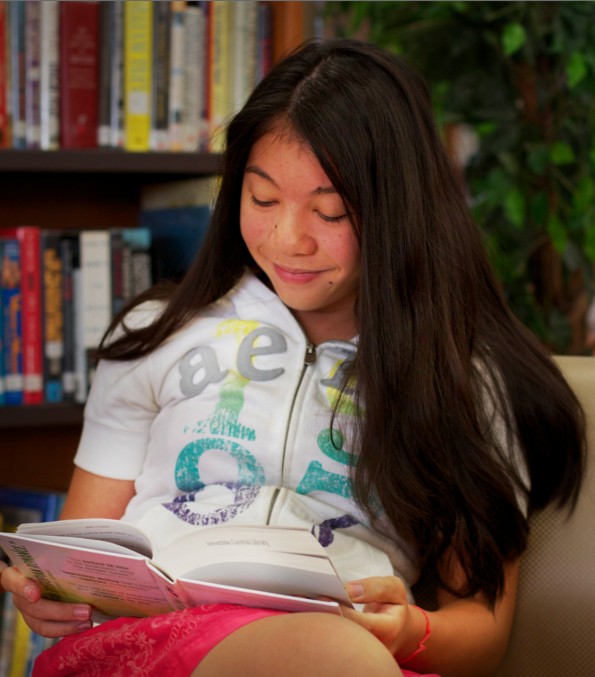“The Casual Vacancy” by J.K. Rowling
Realistic Fiction
4.5/5 Devils
The beloved “Harry Potter” series came to a close with the premiere of the final movie two summers ago. For many fans, including myself, this has been a hard separation. Tears have been shed, memories have been relived, and replacements have been sought with little luck. Nevertheless, J.K. Rowling has moved on, and apprehensive as I was to read a non “Harry Potter” book, I was also excited to see more of Rowling’s work.
Rowling’s new book, “The Casual Vacancy,” is about a quaint English town called Pagford. The town reminds me of Stars Hollow for my “Gilmore Girl” fans out there—small, traditional, townies all up in each other’s business. Pagford is also quite religious, and therefore the parish council is very important. When Barry Fairbrother, one of the councilmen, suddenly dies, his vacant spot is up for grabs. In the midst of the election campaign, a number of revelations, controversies, and conflicts are brought center stage.
Though different from “Harry Potter,” I was not disappointed with the book. As seen in her “Harry Potter” series, Rowling has a gift for storytelling that brings the characters to life in a way few others can. This new book is no exception. The citizens of Pagford are filled with mysteries and complexities, and as you get to know them, you fall for them. You glimpse their innermost beings. You become them. Okay, that may be overkill, but the characterization is truly wonderful. While these characters storylines may not seem very well connected at first, by the end, all the pieces fit together nicely, and the characters not as essential to the plot still add to the story as a whole.
Furthermore, it is both enjoyable and sad to read this more adult themed novel. In the “Harry Potter” series, it was simply “good triumphs evil.” This isn’t necessarily the case with “The Casual Vacancy.” Through this more realistic view, Rowling explores complex social problems such as political feuds, parent-child relationships, drugs, and poverty. These issues make for an interesting and thoughtful read, and add a deeper element to the storyline. Not to worry though, there are moments of comedic relief.
My only complaints are that Rowling uses a lot of slang in her dialogue, and the numerous characters have unusual names, so it’s a bit hard to follow conversations and keep characters straight. Also, in typical Rowling style, the book ends with more deaths than most readers would deem necessary. Still, I would recommend this book to others, though I probably would suggest hardcore Potter fans try and dissociate themselves from the series and look at the book independently. Though there are parallels, it’s quite different. If you do end up enjoying the book, BBC is planning to make it a series. If you don’t, Rowling’s next novel is going to be more kid friendly. Am I seeing more witches and wizards in the future?
This is my 8th book for the reading marathon, halfway done.









